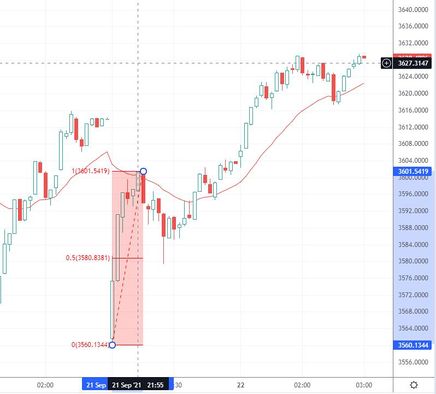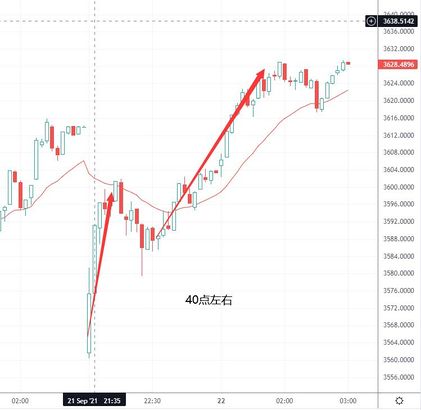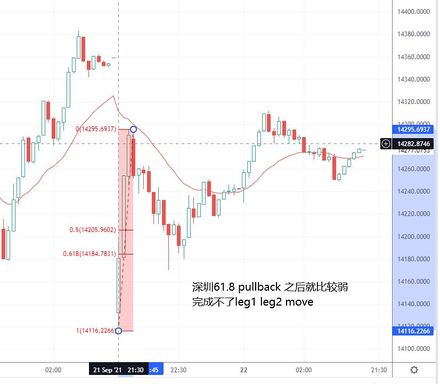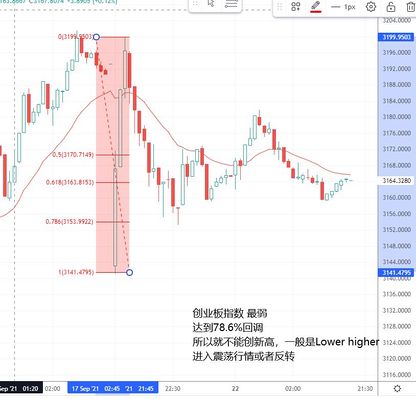Category:PULLBACK:修订间差异
无编辑摘要 |
无编辑摘要 |
||
| 第1行: | 第1行: | ||
[[Category:Trends]] | [[Category:Trends]] | ||
''' 回调''' ,或“反抽”。 | |||
== 50% Pullback == | == 50% Pullback == | ||
| 第58行: | 第58行: | ||
=== Examples 示例 === | === Examples 示例 === | ||
[[分类:LAOWU]] | [[分类:LAOWU]] | ||
[[分类:Translated]] | |||
2023年3月11日 (六) 20:00的版本
回调,或“反抽”。
50% Pullback[编辑 | 编辑源代码]
根本特征[编辑 | 编辑源代码]
Use bull case as example:
- 首先有strong bull trend. For e.g. big gap down, but followed by 3 very strong bull bars all closing on high (i.e. strong trend). Market is always in long.
- 没有3+ consecutive bear bars. If there is, the probability of deeper PB is higher. Better wait.
- Bad follow through after good bear bar. 最好是good bull bar after good bear bar. 次好至少是doji.
Tradable Examples 示例[编辑 | 编辑源代码]
PB from spike on the open[编辑 | 编辑源代码]
BGD followed by 3+ good bull bars[编辑 | 编辑源代码]
BGU followed by 3+ good bull bars[编辑 | 编辑源代码]
BGD followed by 3+ good bear bars[编辑 | 编辑源代码]
BGU followed by 3+ good bear bars[编辑 | 编辑源代码]
Deep Pullback[编辑 | 编辑源代码]
根本特征[编辑 | 编辑源代码]
Examples 示例[编辑 | 编辑源代码]
Endless Pullback[编辑 | 编辑源代码]
根本特征[编辑 | 编辑源代码]
Examples 示例[编辑 | 编辑源代码]
本分类目前不含有任何页面或媒体文件。




